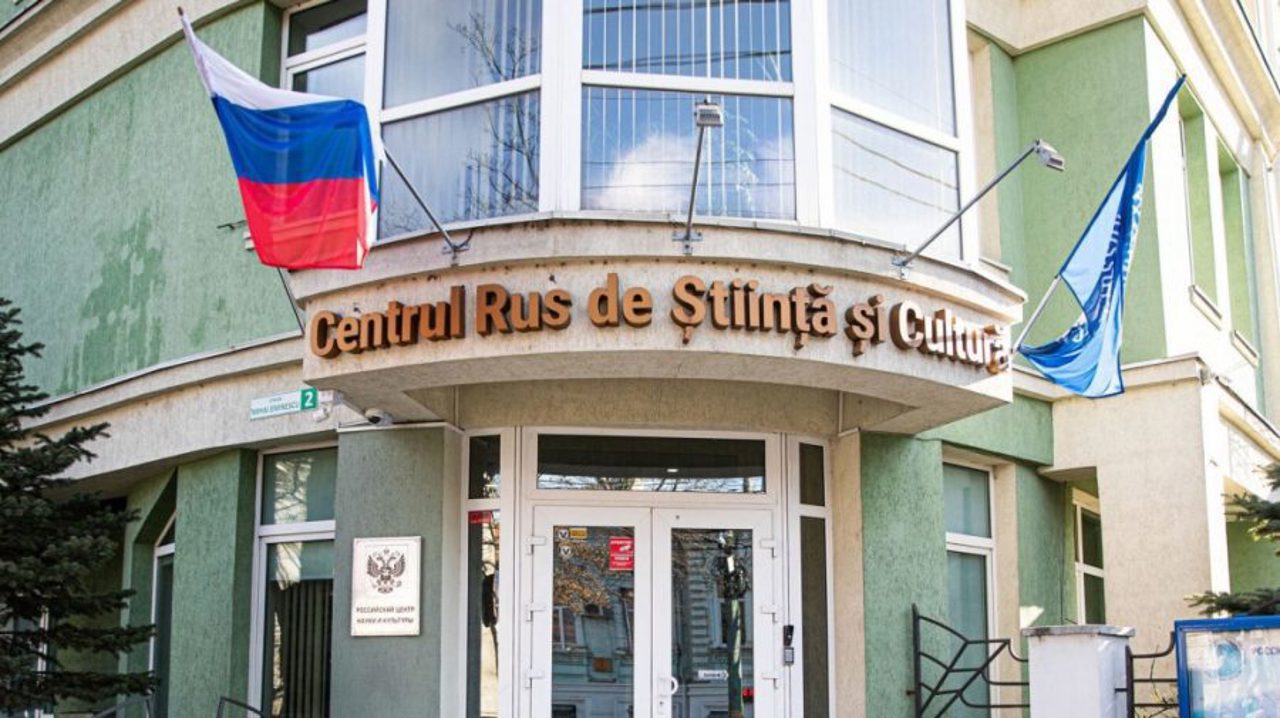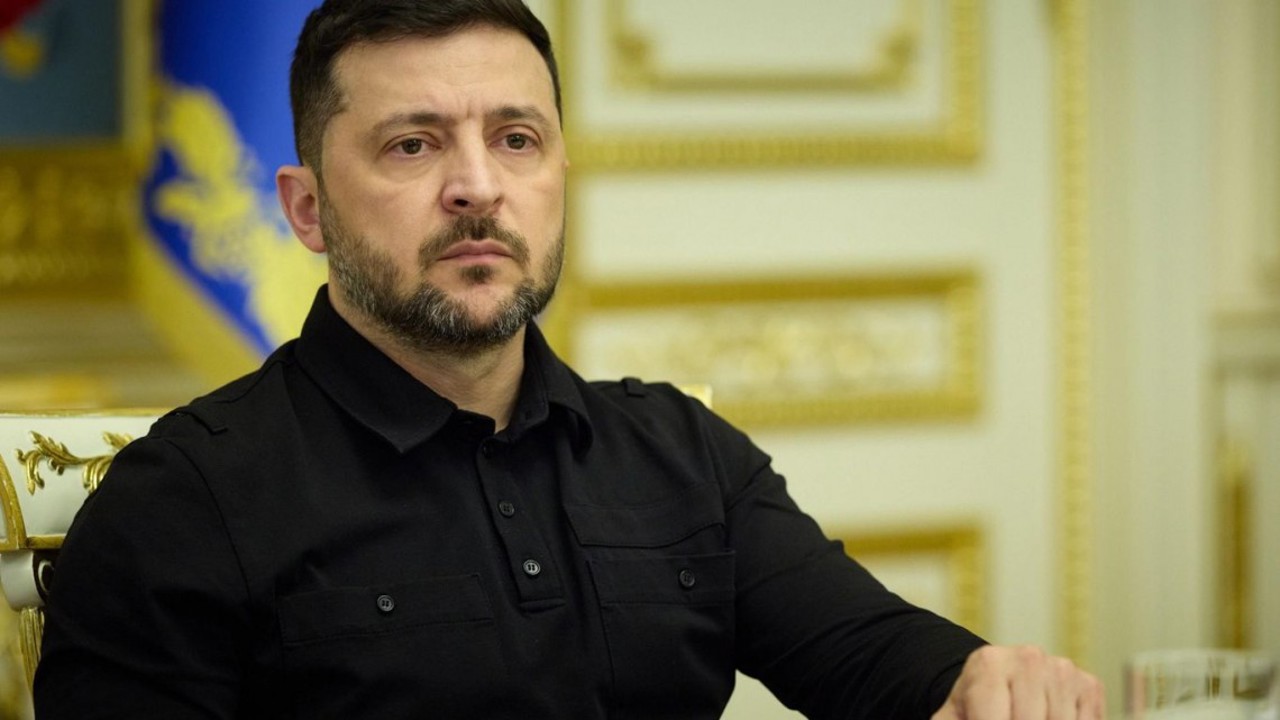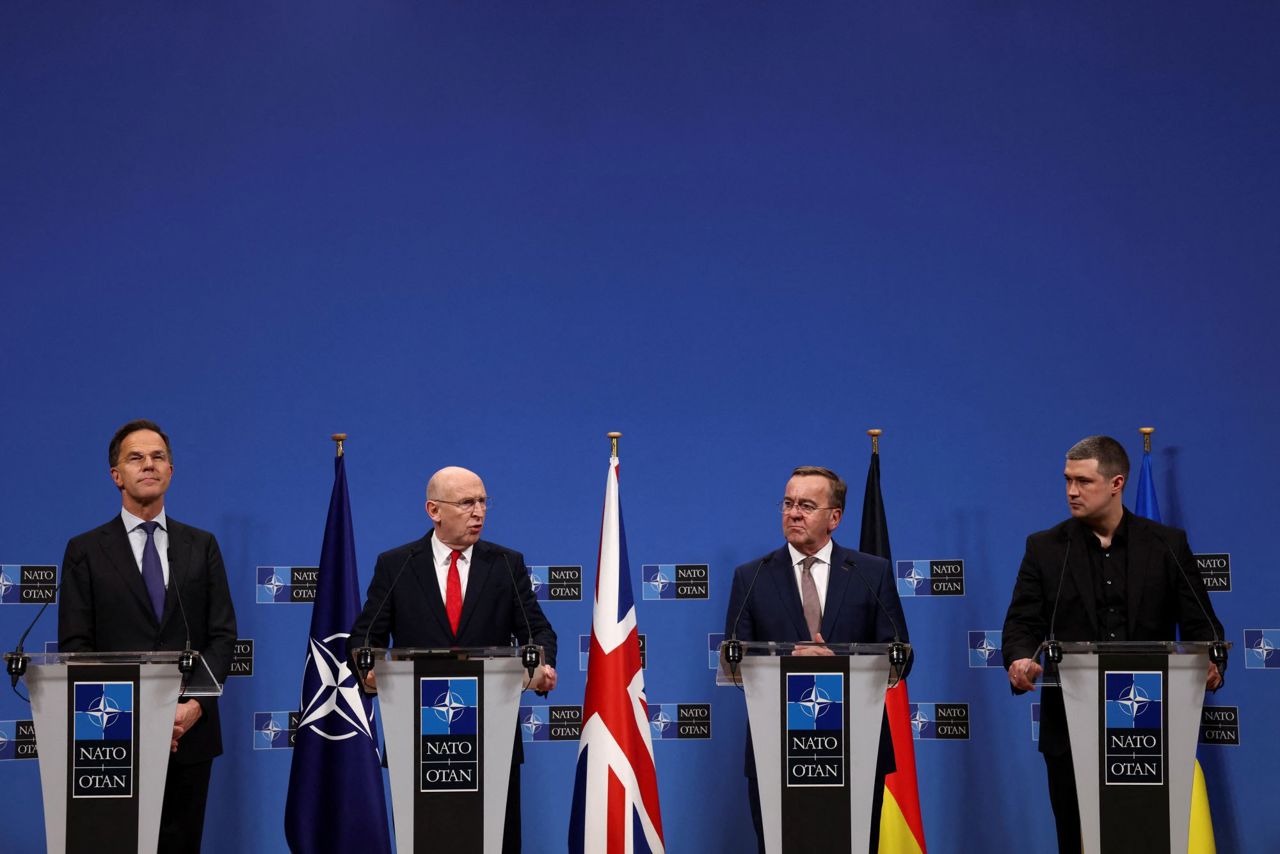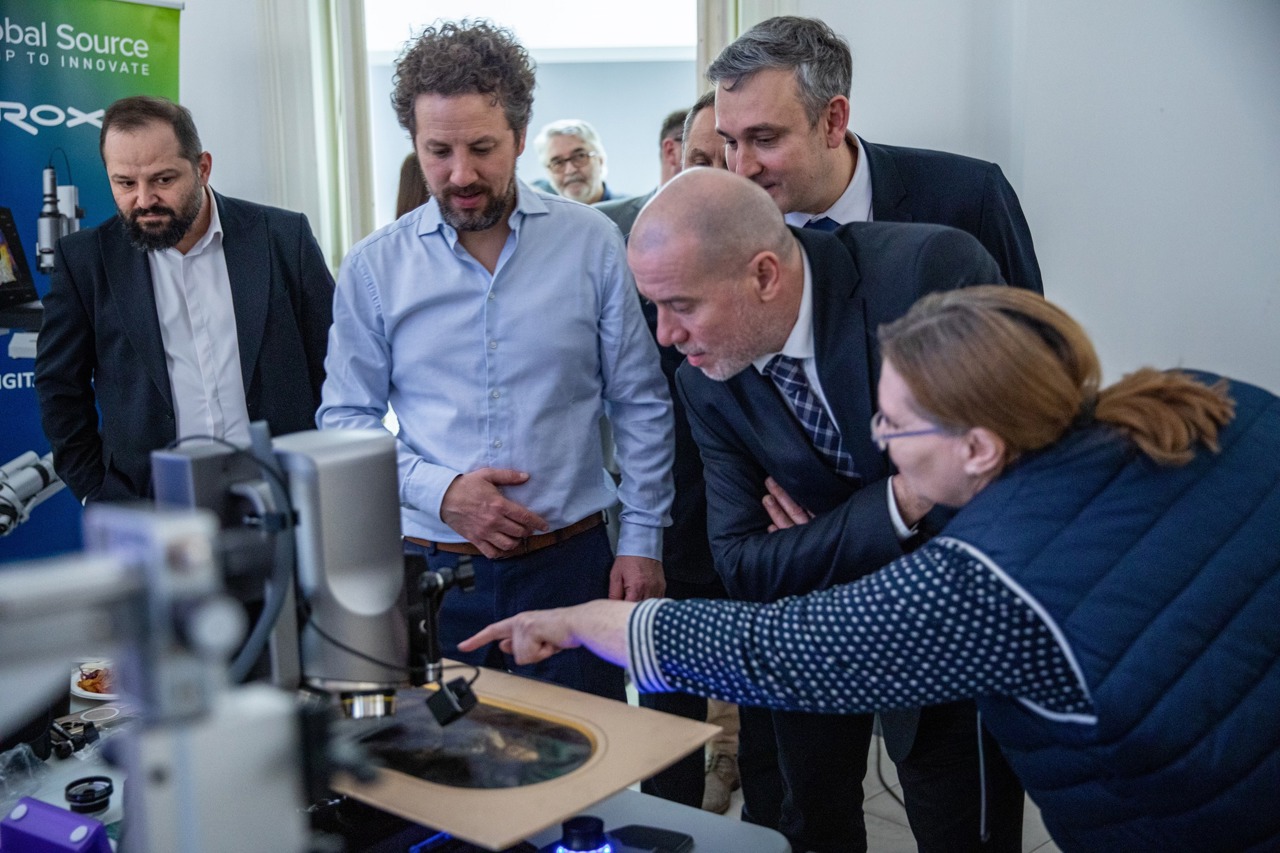Chișinău seeks to end the agreement on Centers of Culture with Russia

The Republic of Moldova plans to denounce the 1998 agreement signed with the Russian Federation regarding the establishment and operation of cultural centers. The Foreign Policy and European Integration Committee approved an advisory opinion on this matter, initiated by the Ministry of Culture. This document will be presented for consideration during the plenary session of Parliament.
The document aimed to promote history and culture while informing the public about the political, economic, and educational processes in both states. However, the Ministry of Culture expressed concerns that, given the current geopolitical situation and the heightened risk of disinformation, the agreement may inadvertently serve as a tool for promoting distorted narratives from the Russian Federation.
Furthermore, the Moldovan authorities pointed out that the Republic of Moldova does not have a cultural center in Russia. As a result, there is no fair mechanism in place for promoting information about Moldova, which undermines the balance and original purpose of the agreement.
The Ministry of Foreign Affairs officially announced the closure of the Russian Center for Science and Culture in Chisinau on Thursday, February 13. This decision followed the emergency summons of the ambassador-designate of the Russian Federation, Oleg Ozerov, who has not yet presented his credentials.
Prime Minister Dorin Recean pointed out that the closure of the center is not aimed at Russian culture or the Russian language; rather, it is a necessary measure to protect national interests. He stated that the center's activities extended beyond cultural goals and posed security risks to the state. Experts view this measure as "justified and overdue" given the current geopolitical context.
The Republic of Moldova is not the only country taking action against the Russian Center for Science and Culture. In March 2022, the Slovenian government terminated its agreement with Russia regarding scientific and cultural centers following Russia’s invasion of Ukraine, leading to the closure of the Russian Scientific and Cultural Center in Ljubljana.
In February 2023, the Russian Center for Culture and Science in Bucharest was also shut down. More recently, Azerbaijani authorities closed the Russian Cultural Center in Baku after Russian air defense systems targeted an Azerbaijani plane in flight, resulting in the deaths of 38 people. Other countries, including the Czech Republic and Germany, considered closing Russian Cultural Centers.
In Berlin, German authorities face increasing pressure to shut down the Russian House amid concerns that it may serve as a front for Kremlin spies and propaganda.





